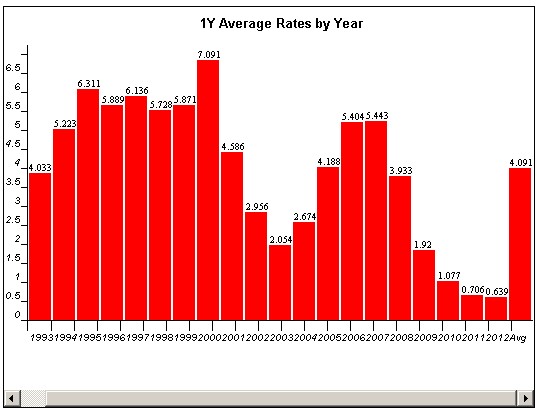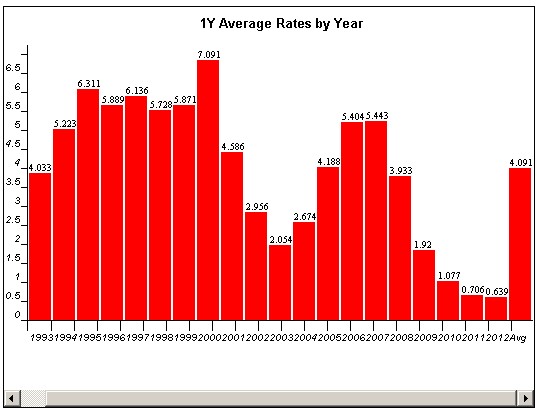Spend down the accounts that belong to you and are in your own name, and depend on receiving SS money that you have no ownership of, and which can change considerably at the whim of Congress?
Especially when it is virtually certain that SS is going to have to change, because it is on shaky financial footing.
I think that the least dangerous course is to take the "free" money first, and spend down your own money later.
Right, your own investments are never going to go down in a shaky financial environment.


